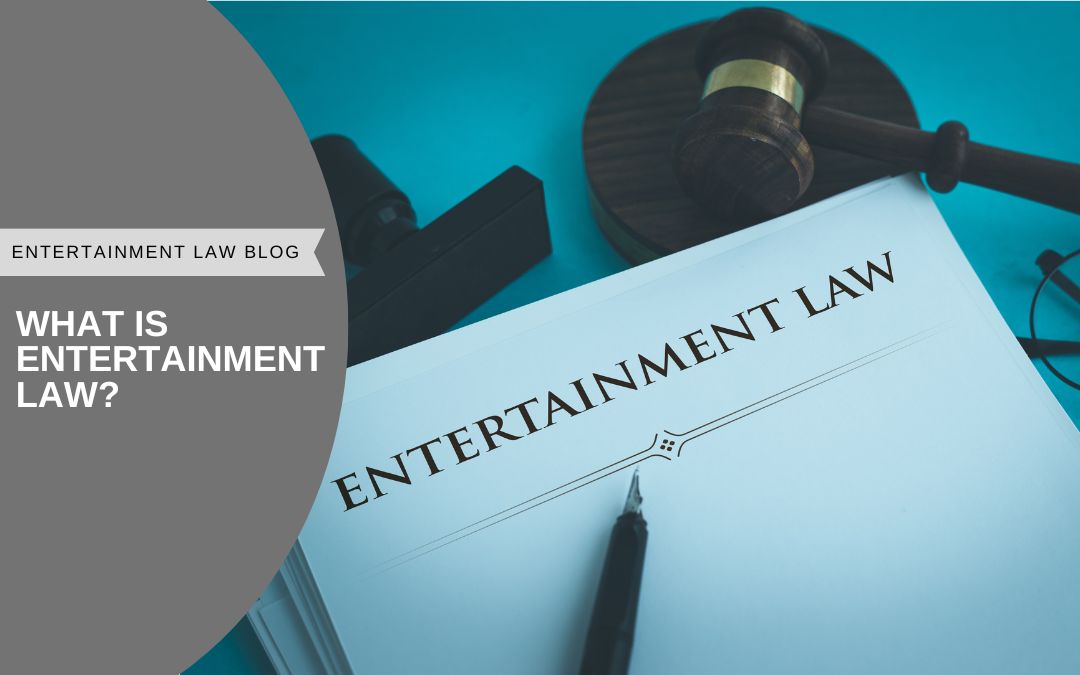We’ve all heard exciting origin stories of big stars in music and movies.
“She was playing piano in a bar, never thinking of a career in music. A producer saw her and pestered her until she signed with the label.”
“He was homeless, living in his car when he got called a call back from an audition. He was offered the lead role in a movie, and this movie deal changed his whole.”
“She was only 10 years old when she signed a contract for 3 movies.”
Many artists have moving stories, full of perseverance, courage, and hope. After navigating mountains of rejection, finally, they got their “big break.” The stories of those breakthrough moments are filled with keywords that most people gloss over. Words like “signed, “offered,” and “contract” fade to the background of emotionally charged phrases such as “movie deals” and “music career”.
The entertainment industry brings us content. We listen to music, see movies, read books, watch plays and consume myriad expressions of art. Yet, behind it all is a complex legal web that declares who owns these creations, who gets to distribute them, and who profits from it all and how.
Think of entertainment law and as large, gourmet pie that is being cut into slices. Each slice represents a segment of entertainment law that serves to clarify and protect specific types of agreements and relationships within the entertainment industry. Five key segments include:
- Licensing Agreements
- Master Agreements
- Work for Hire Agreements
- Collaboration Agreements
- Production Agreements
FREQUENTLY ASKED QUESTIONS ABOUT ENTERTAINMENT LAW:
- What is a licensing agreement and why do we need them?
- How do licensing agreements work?
- What are the 3 types of licensing agreements?
- What is included in a licensing agreement
- What are the average royalties for licensing agreements?
- Can brands have licensing deals?
- What is a licensing deal in music?
- What is the difference between a license agreement and a contract?
- How long do licensing deals take?
- Master Agreements in Entertainment Law
- When should a master service agreement be used?
- What details should be included in a master agreement?
- What is the difference between a master agreement and a contract?
- Master Service Agreement (MSA) vs. Statement of Work (SOW), vs Service Level Agreement (SLA): What Makes Them Different?
- Work for Hire Agreements in the Entertainment Industry
- What three conditions must be satisfied for a work to be deemed a work made for hire?
- Can you get royalties on a work for hire?
- What is not a work made for hire?
- What is the work for hire doctrine of patent law?
- Come copyright terminate work made for hire. Can I get my rights back?
- What is a Collaboration Agreement and What Should It Include?
- Different Types of Collaboration Agreements and Their Uses
- Is a Collaboration Agreement Legally Binding?
- Collaboration Agreements in Music
- Difference between a Memorandum of Agreement (MOA) and a Memorandum of Understanding (MOU)
- What is a Production Services Agreement?


